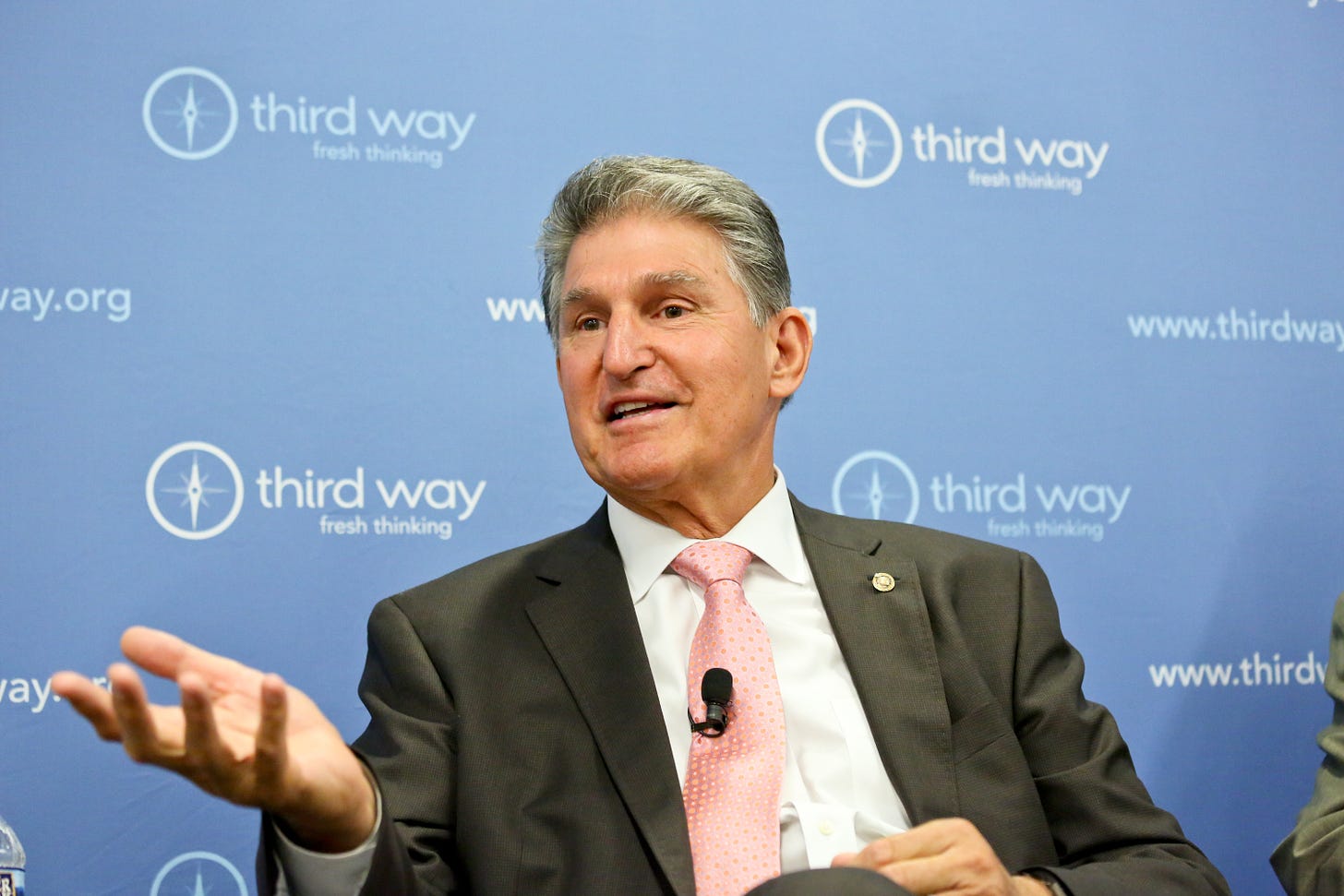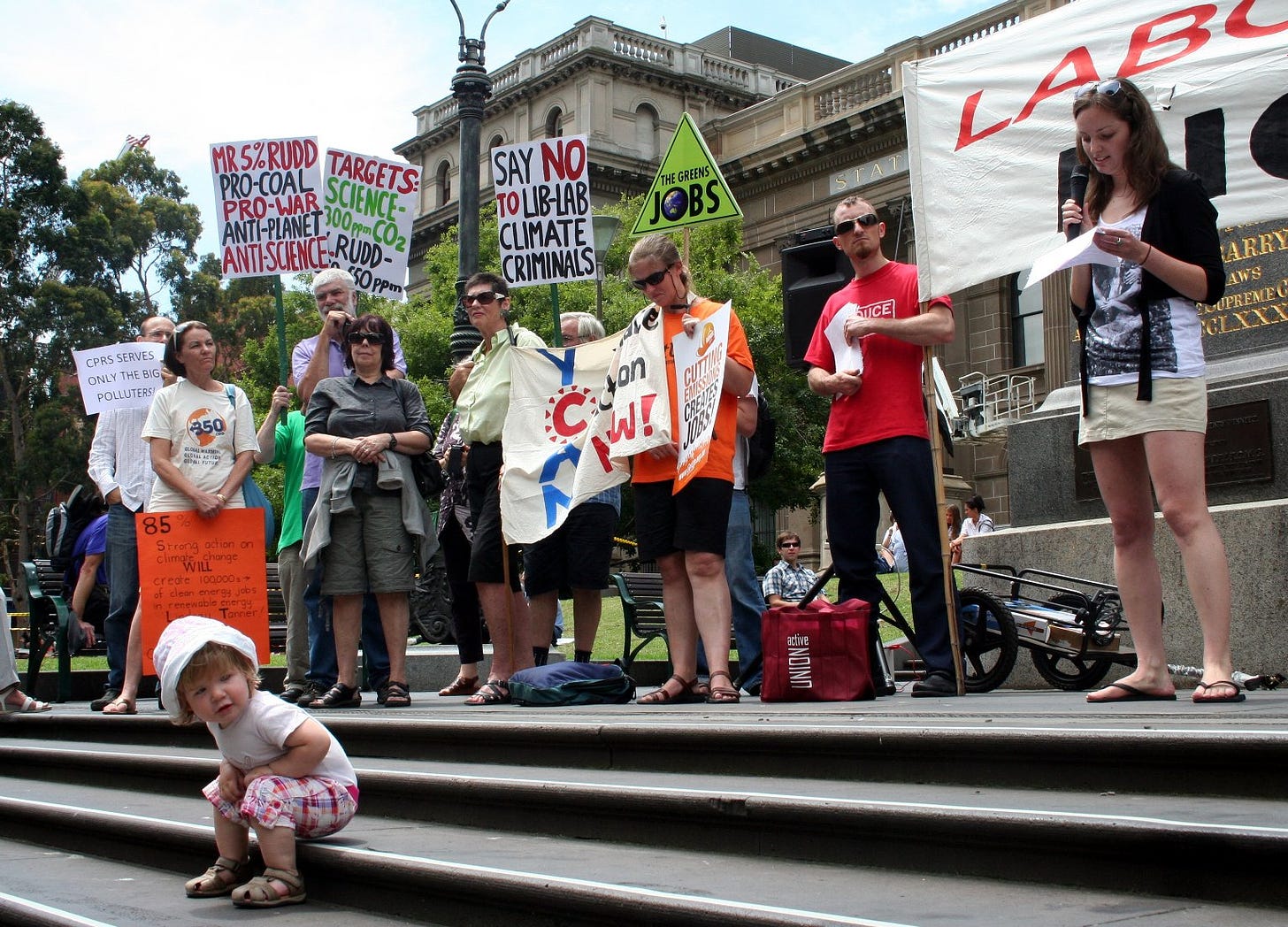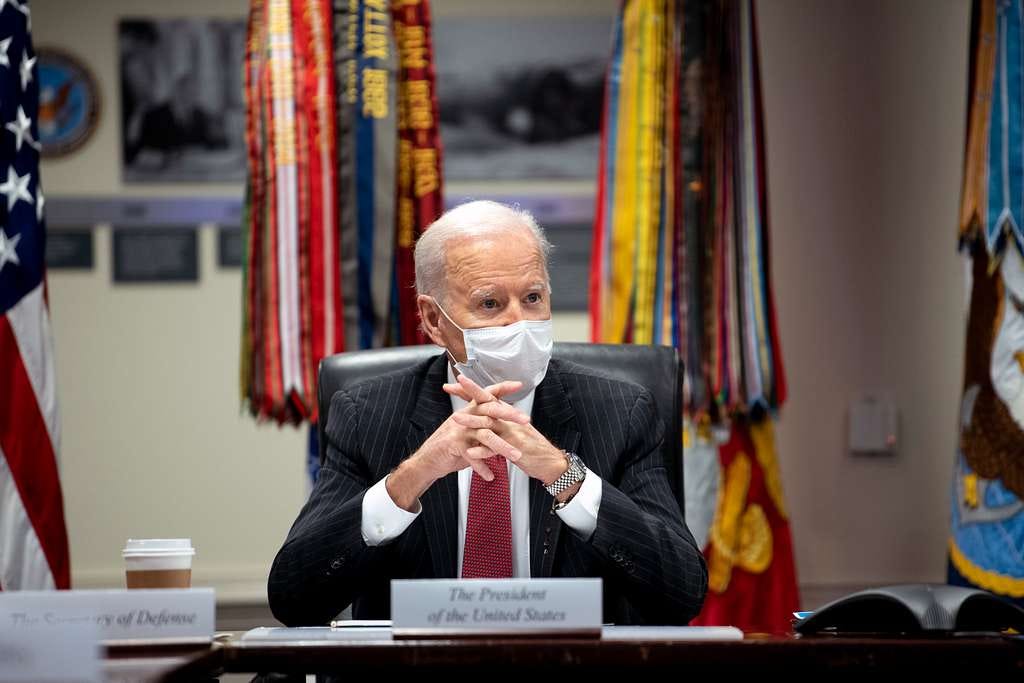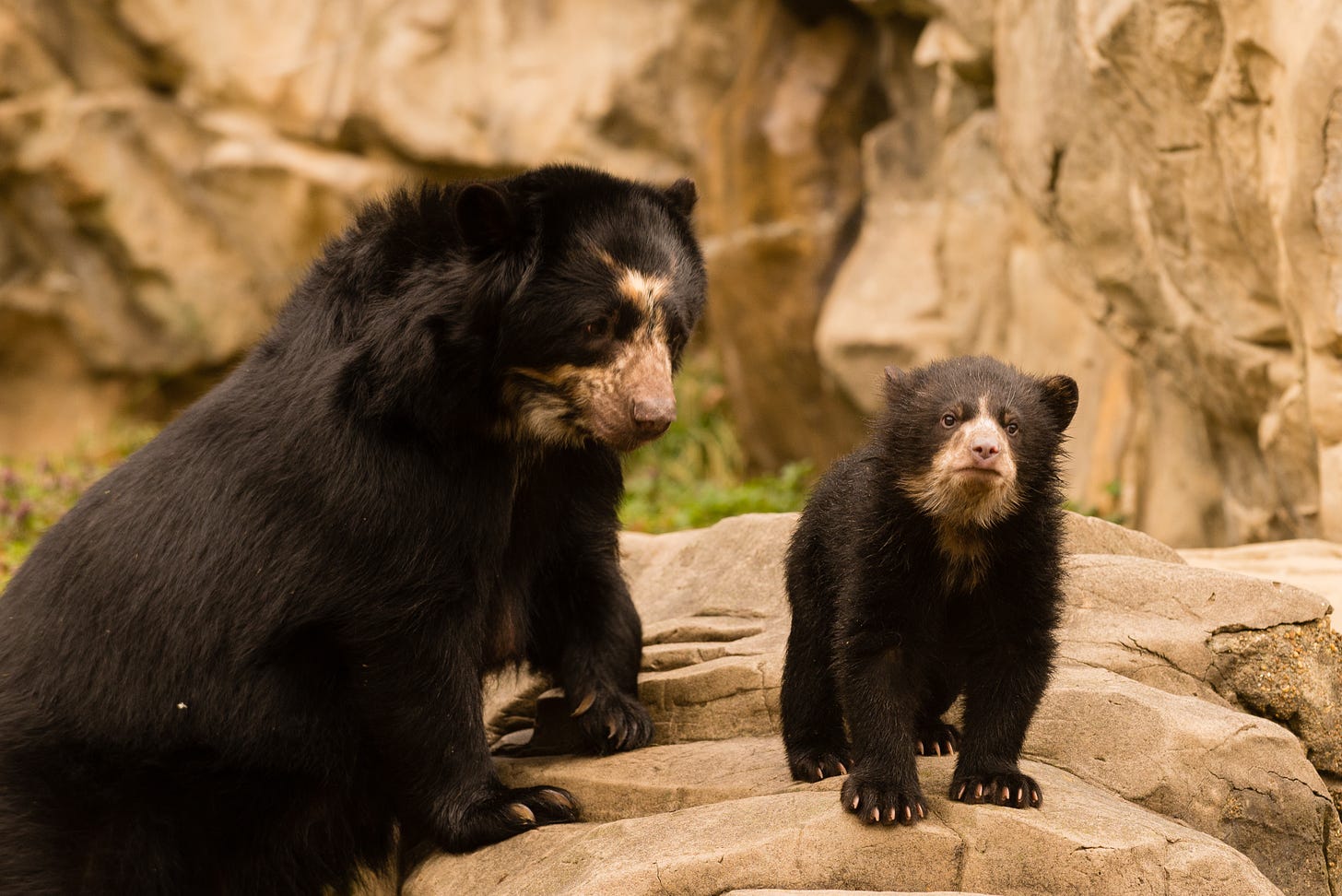Welcome to Planet Days, a five-minute roundup of the latest climate news and what it means for our Planet. If this was forwarded to you, smash that subscribe button:
Last week, heavy rains flooded Madagascar, extreme weather AGAIN battered the United States, and some of the Planet’s biggest brands called for global plastic cuts.
In case you missed it, here’s what else happened around the Planet:

Monday, January 17
The Build Back Better break up
Have you heard this one before? Build Back Better is back on the table… but in a different form. Democrats now plan to pass in chunks the massive social spending bill, which has over $500 billion in climate provisions.
With talks stalled by Sen. Joe Manchin (D-WV), who has floated support for the climate provisions but remains stubborn on everything else, swing-district Democrats are pursuing the break-up strategy, worried that continued infighting will hurt midterm results. President Joe Biden confirmed the plan, telling reporters “we can break the package up, get as much as we can now and come back and fight for the rest later.”
We’re still in for a long ride, though. Manchin said talks would “start with a clean sheet of paper and start over." Intelligencer breaks down how Democratic leaders misplayed their hand with the West Virginia senator and where they can go from here.
BlackRock’s climate push
For the third year in a row, the Planet’s biggest money manager pushed businesses to go green. In his annual letter to CEOs, BlackRock’s chief executive Larry Fink said decarbonization is the “greatest investment opportunity of our lifetime” and warned that businesses who ignore the shift to cleaner energy would be left behind.
“Every company and every industry will be transformed by the transition to a net zero world,” Fink wrote. “The question is, will you lead, or will you be led?”
But don’t get the wrong idea, Fink stressed. The stance is not driven by environmentalism, but rather good ol’ fashioned capitalism. The Wall Street Journal has more.
Tuesday, January 18
More BS from Exxon
In the spirit of Fink’s message, a day later ExxonMobil, one of BlackRock’s clients, pledged to (kind of) go net zero.
Exxon’s pledge only covers emissions from its operations, which is still a big deal, as Bloomberg notes, but also misses the point. Eighty percent of Exxon’s emissions come from people using its product, like drivers burning gasoline, and the new pledge does nothing to address that.
The announcement comes as Congress expands its investigation into Big Oil’s climate disinformation tactics, as well as its commitments to curb emissions. EXXONKNEWS covers both stories.

Wednesday, January 19
Climate fuels health risks for children
A collection of six new studies came to an alarming conclusion: Climate change threatens the lives of fetuses, babies, and children around the world.
Some researchers found higher temperatures were linked to premature births and faster weight gain in children. Another study concluded exposure to wildfire smoke doubled the risk of severe birth defects. And one report, the first nationwide study of youth and rising temperatures in the U.S., found that hotter days led to more emergency room visits. Read more in The Guardian.
Climate scientists take aim at PR firms
In an open letter, released through Clean Creatives and the Union of Concerned Scientists, more than 450 scientists called on public relations and advertising firms to cut ties with the fossil fuel industry.
Fossil fuel companies have poured billions of dollars into ads designed to cast doubt on climate change. And scientists in the letter said these campaigns are “one of the biggest barriers to government action.”
"The pollution of our airwaves is inextricably tied to the pollution of our atmosphere," Jamie Henn, director of Fossil Free Media, told PRWeek. "The only way to clean up both is to stop this propaganda at the source: the PR and ad agencies that continue to work on behalf of fossil fuels."

Thursday, January 20
The Biden administration, one year in
On Thursday, the U.S. marked one year with Joe Biden in the White House. And as far as climate goes, it’s been a mixed bag of hope and disappointment.
When he first took office, Biden came out swinging, reversing many of Trump’s policies and signing a slew of executive orders. Later on, he got his infrastructure bill passed, which included more than $100 billion in climate provisions.
But Biden’s climate legacy has also been marred by court battles, political infighting (see Build Back Better above), and some glaring inconsistencies, like auctioning off oil drilling leases in the Gulf of Mexico and failing to fight the Line 3 pipeline, which moves tar sands oil through America's heartland. ABC News covers the president’s first year.
What Tonga’s tsunami means for climate
Early last week, an undersea volcano near Tonga erupted, unleashing a deadly tsunami onto the South Pacific island. Though the eruption will not cool the Planet (as some eruptions have done), it does have other climate and environmental implications.
For example, the eruption triggered a massive oil spill off Peru’s coast, with 6,000 barrels of oil spilled in an especially biodiverse area. Meanwhile, scientists warn that warming temperatures and rising seas could worsen disasters like tsunamis or storm surges, reports Reuters.

Bonus
Honey bear, honey bear, honey bear
Thanks for the intro, Father John Misty. Bolivian conservationist Ximena Velez-Liendo and her team of scientists are using honey to protect Andean bears, a vulnerable species with fewer than 10,000 individuals left on the Planet.
Before you get too excited, no, she’s not catching cattle ranchers in sticky traps. Instead, her project empowers people living beside the bears’ habitats to farm bees and sell honey, rather than deforest and exploit the land. CNN has the full story.
Have a great week,
Brandon and Sam




